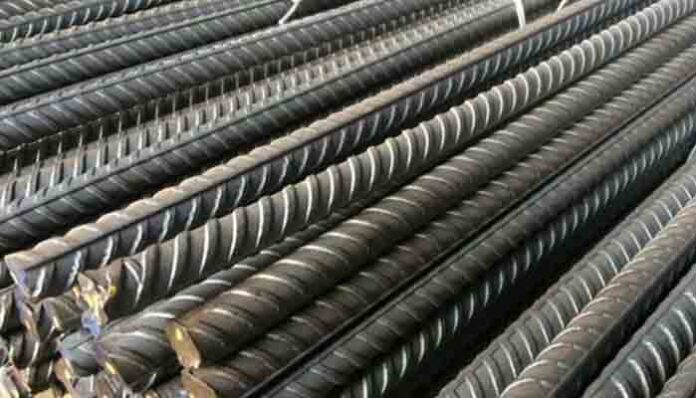ISLAMABAD: The Large-scale steel producers of the country have sounded the alarm on the resurgence of large-scale smuggling, mis-declaration, and under-invoicing of steel primarily from Iran.
In an urgent letter addressed to the federal finance minister, the Pakistan Association of Large Steel Producers (PALSP) has highlighted how illicit activities are systematically crippling the local steel sector.
“Our steel industry is in a fight for survival amidst significant challenges such as currency depreciation, soaring financial costs, and escalating input expenses,” PALSP emphasized. The repercussions are dire, with numerous steel mills forced to cease operations and those still operational struggling at reduced capacities, while they teeter on the brink of closure.
As the leading advocate for the local steel industry, the association underscored the pivotal role of the steel melting sector, which is besieged by multiple hurdles. To weather the storm, key players in the long steel industry have diversified into exporting non-ferrous products like copper ingots to China. The industry’s exports reached $ 1.350 billion in 2023-24, making it the 5th largest exporting sector. However, PALSP expressed grave concerns that unchecked smuggling could jeopardize these efforts and endanger the survival of these ventures.
The representative body of large steel producers cautioned that amid an economic downturn, construction activity has ground to a halt, driving steel demand to its lowest levels. The resurgence of steel smuggling, therefore, poses a grave threat to both the steel sector and the broader economy. The association called into question the efficacy of authorities stationed at customs checkpoints and borders, mandated to prevent such illicit activities.
As per PALSP’s estimates approximately 500,000 metric tons of steel are smuggled into Pakistan annually, primarily from Iran, amounting to roughly 10% of the country’s total steel production. Additionally, over the past decade, between 0.5 to 1 million metric tons of steel have been imported annually under the guise of scrap, causing an estimated revenue loss of around 40 billion rupees annually and raising concerns of money laundering.
The ramifications extend beyond mere economic losses, as the scourge of steel smuggling has decimated the local steel industry in Quetta and other parts of Baluchistan, with over 80% of steel sales in Baluchistan sourced from smuggled goods. PALSP states that smuggling and mis-declaration are not isolated incidents but organized crimes that threaten to deindustrialize Pakistan.
To combat this threat, the steel industry appealed to the Ministry to restrict steel imports to sea routes, effectively countering smuggling efforts, particularly from Iran and Afghanistan. The association also highlighted loopholes in import policies, allowing the mis-declaration of steel products as re-rollable scrap, further exacerbating the crisis.
Recent data revealed fraudulent imports of over 20,000 metric tons of steel plates disguised as re-rollable scrap, highlighting the urgent need for corrective action. The Indus attributed this illicit activity to a combination of regulatory inertia and collusion among departments mandated to curb smuggling.
In light of these challenges, the steel industry called for immediate and decisive measures to safeguard Pakistan’s steel industry and prevent further economic losses due to smuggling and misdeclaration.

























what a clown stuff. The article doesn’t tell why Iranian steel is cheap … well it is cheap because they use modern methods and have huge gas reserves to make steel. Pakistan is busy half of the year in begging or borrowing cycle to import fuel how it can even compete?
Writer study to the extant of mis-deceleration of Iron bars and being cleared under the garb of scrap from Iran borders stations are true but very hard to fight against border stations mafia.
Still, smuggling should be stopped, at every level. Iran s production of various items is better and cheaper than Pakistan, s. It should be allowed through legit channels, other than that complete halt. Smuggling is destruction of Pakistan s industry. Those responsible should be punished severally. Be it, members of the government, forces, or common crook.